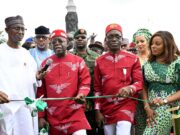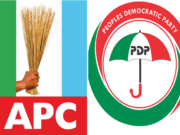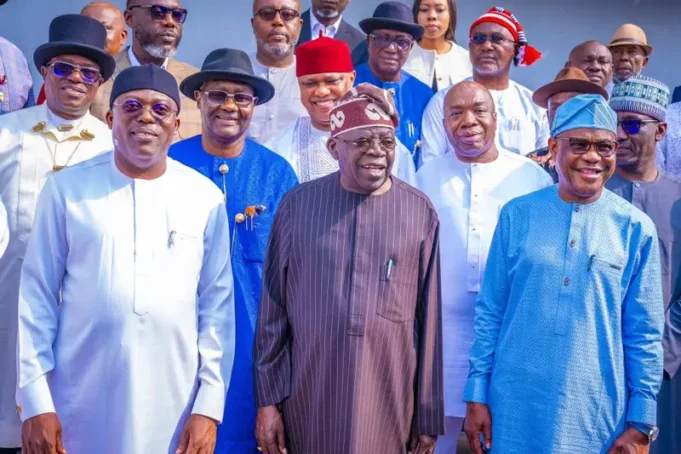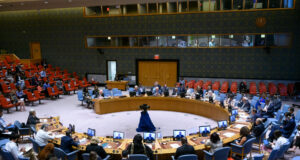President Bola Tinubu on Tuesday urged Ogoni leaders to set aside historical grievances and work toward reconciliation, emphasizing that healing the wounds of the past requires abandoning anger.
Speaking at a meeting in the Council Chamber at the Presidential Villa in Abuja, the President reassured the Ogoni people that his administration is committed to fostering peace, justice, and sustainable development in their region.
“We cannot rewrite history, but we can correct past wrongs moving forward,” President Tinubu said, stressing that healing is impossible if the people remain angry.
Tinubu directed the National Security Adviser, Mallam Nuhu Ribadu, to spearhead negotiations aimed at resolving the longstanding issues in Ogoniland.
The President called for inclusive consultation and collaboration between various stakeholders, urging unity and mutual trust.
“We must work together with trust. Go back, consult more, and embrace others. We must ensure that this effort brings peace, development, and a clean environment to Ogoniland,” he added.
The President also reflected on the shared history between the Ogoni people and himself, recalling past struggles against military dictatorship and expressing his commitment to honoring the sacrifices made by the community.
Governor Sim Fubara of Rivers State expressed gratitude to President Tinubu for his support of the Ogoni people and for fostering an all-inclusive dialogue.
He stressed the importance of resuming oil operations in the area and reaffirmed the delegation’s commitment to the President’s vision.
“We are here today to strengthen our relationship with the President and to ensure that oil production in Ogoniland resumes,” said Governor Fubara.
National Security Adviser, Ribadu, praised the Ogoni people for embracing dialogue, noting that the large, diverse delegation represented various constituencies within Ogoni society.
Ribadu affirmed that the consultative process was designed to ensure that all voices and interests were taken into account.
King Festus Babari Bagia Gberesaako XIII, the Gberemene of Gokana Kingdom, expressed the willingness of the Ogoni leadership to engage in finding lasting solutions to the region’s challenges.
The delegation included key figures such as Senators Magnus Abe, Lee Maeba, and several other political and community leaders.
Also present were top government officials, including Rivers State Governor Fubara, the FCT Minister Nyesom Wike, NNPC CEO Mele Kyari, and Minister of Environment Balarabe Abba.
Meanwhile, civil society organizations have called for the allocation of $1 trillion from the federal government to address the environmental damage in Ogoniland, as highlighted in the 2011 UNEP report.
The groups, including Environmental Rights Action and Corporate Accountability, expressed concerns about the government’s plans to resume oil production without fully addressing the region’s environmental cleanup and the welfare of its people.
These civil society groups have criticized the government’s approach as a disregard for environmental justice, calling for the fulfillment of UNEP’s recommendations before any further oil operations are conducted in the region.

















